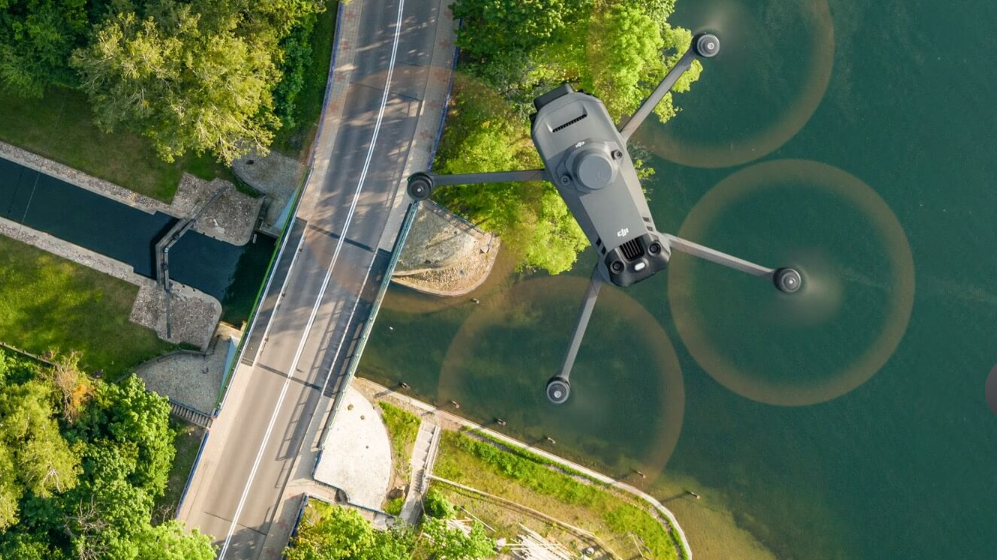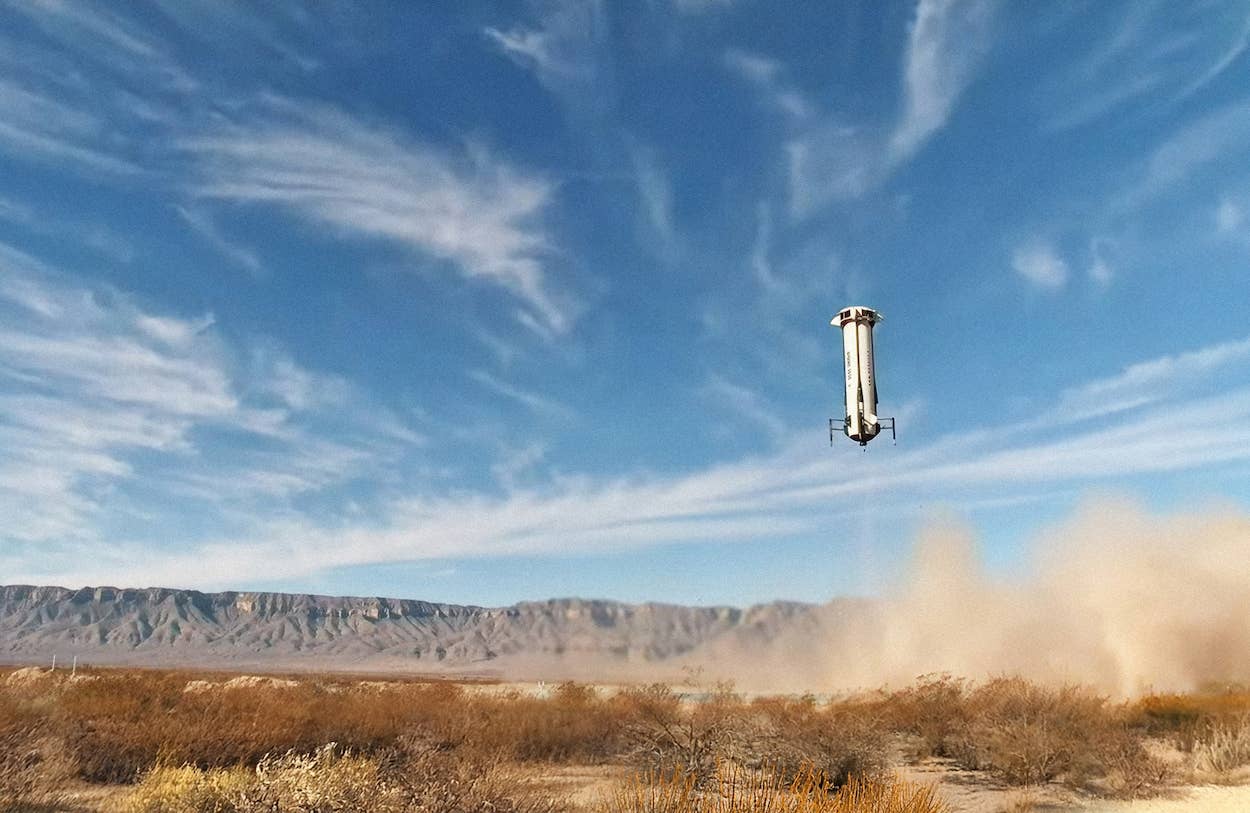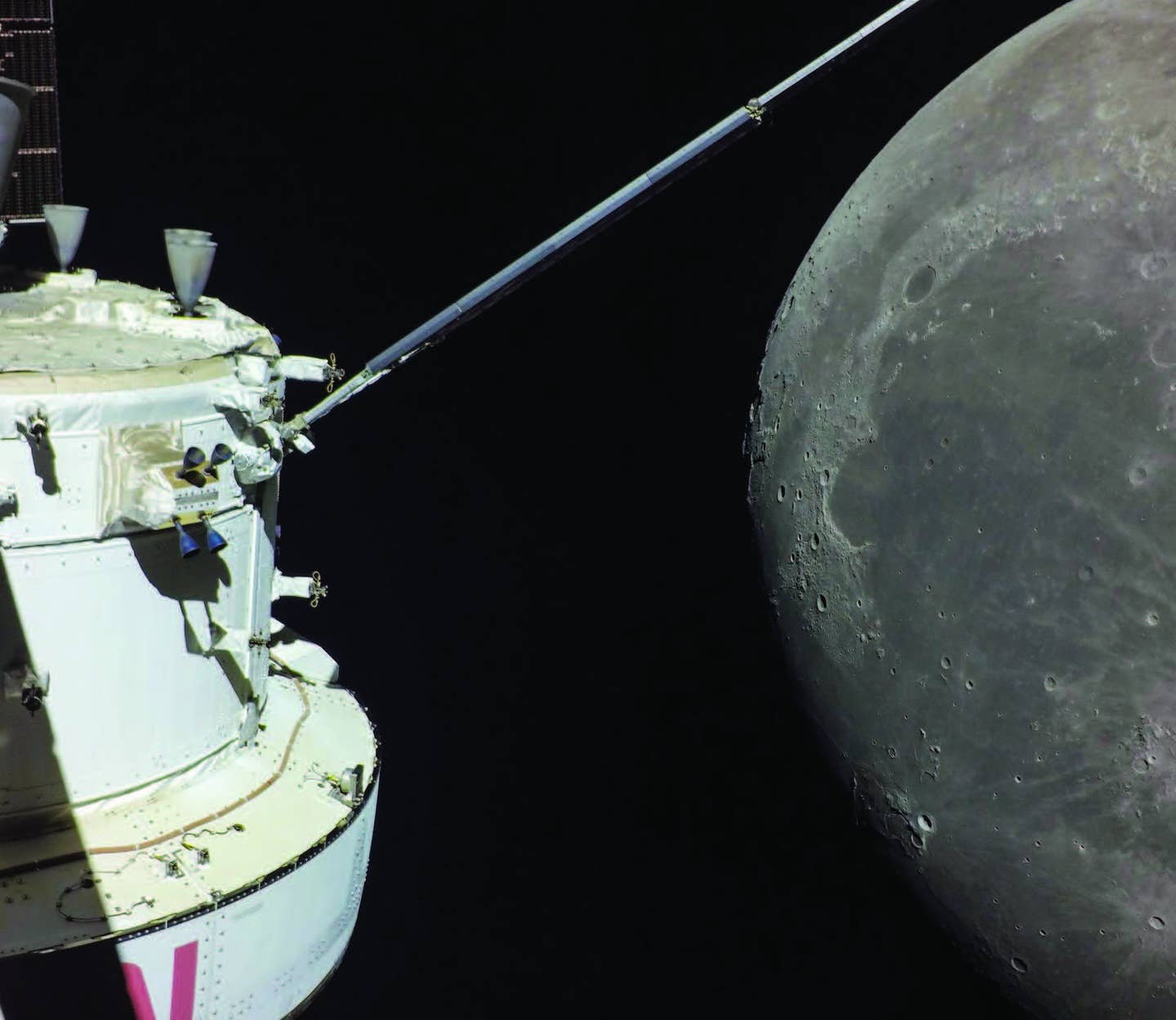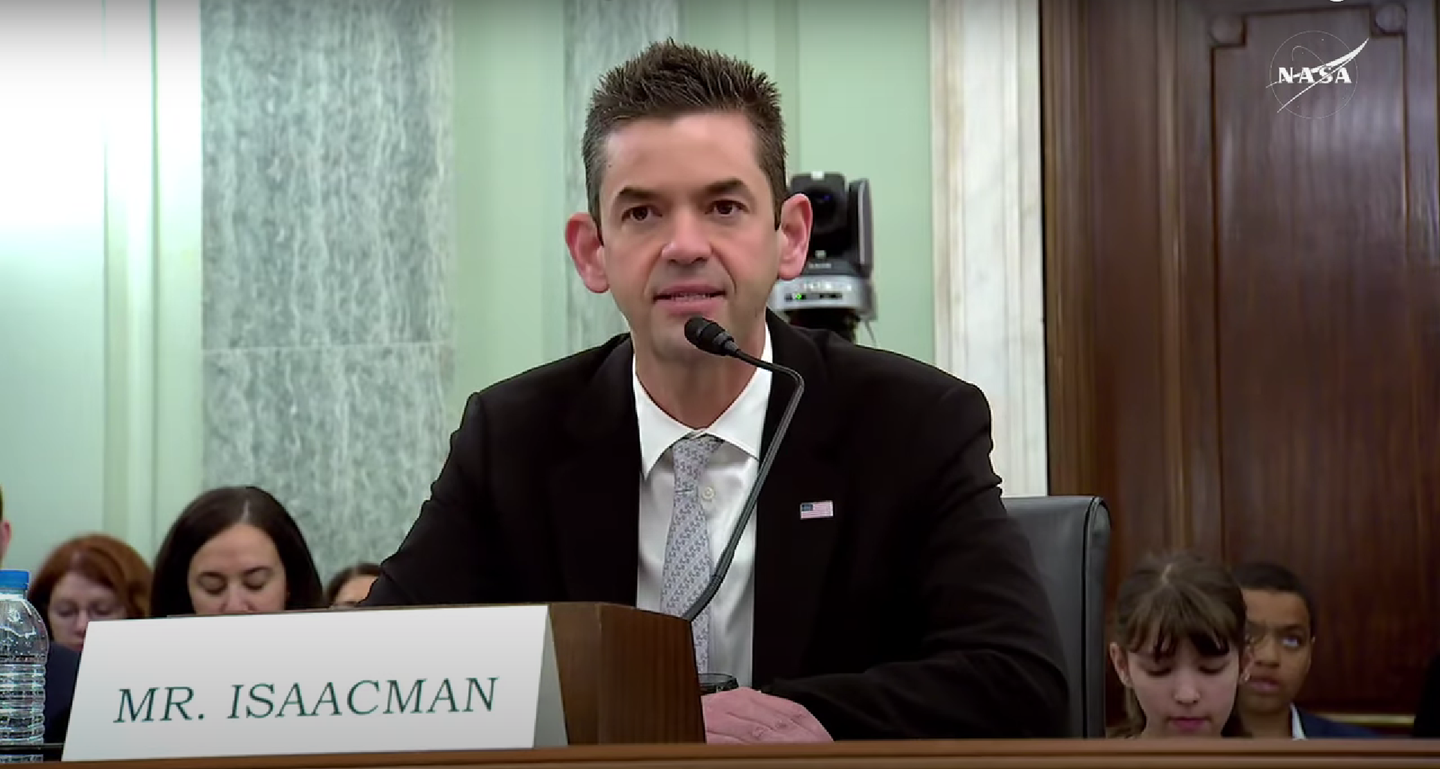Which Industries Offer Entry-Level Drone Pilot Jobs?
Some sectors are primed for new pilots, while others require more experience.
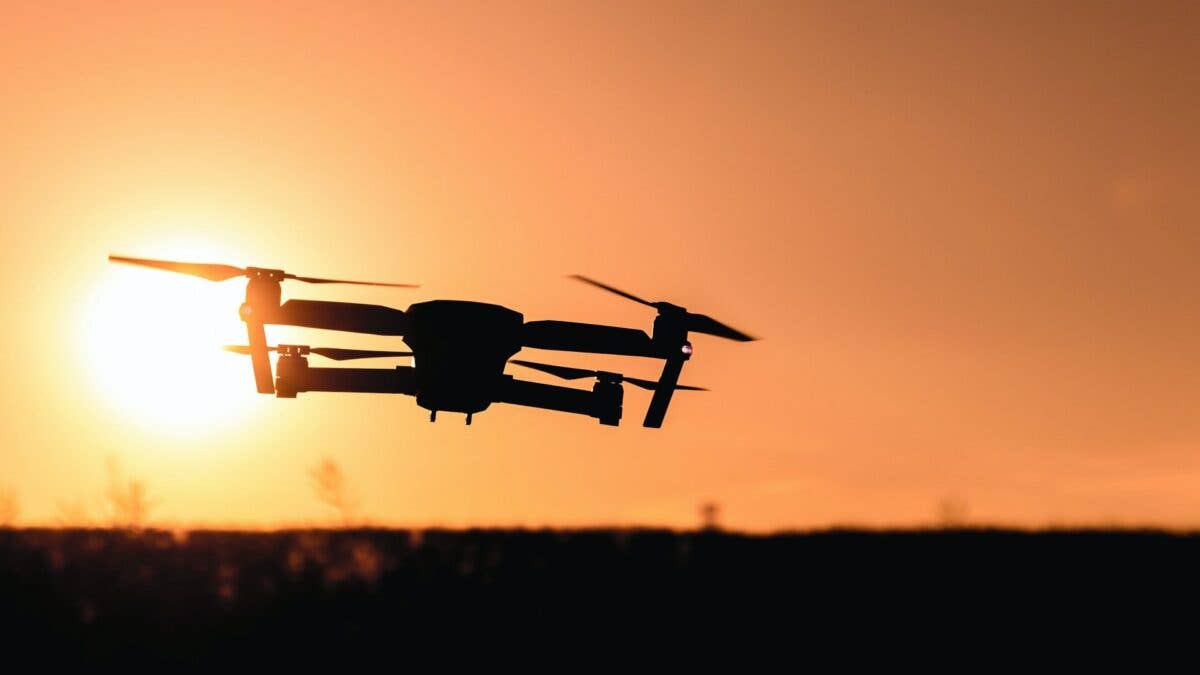
Global demand for commercial drone pilots has rapidly expanded in recent years, with no sign of slowing down. [Courtesy: JeShoots/Pexels]
The first time I attended a stock car race, I immediately saw myself on the track as part of the crew. I could smell the burning rubber and imagined myself speeding around corners or as a mechanic in the garage working to get every last bit of horsepower out of the engine.
In reality, if you want to become a race car driver or auto mechanic and are just starting in the field, odds are you won’t get your first job with a top-tier NASCAR racing team. Most professions require you to learn skills and gain experience before reaching the more technical and higher-paying opportunities.
Getting your drone pilot certification and becoming a commercial drone pilot is relatively easy. But like auto racing, you’re unlikely to qualify for the top jobs when just starting out. This article explores which sectors are primed for new pilots and which require more experience.
The Commercial Drone Pilot Job Market
Global demand for commercial drone pilots has rapidly expanded in recent years, with no sign of slowing down. In fact, even as many industries are contracting, drone pilot employment opportunities have only grown more plentiful, keeping step with evolving technologies and use cases. It’s a modern economic feat that reflects the endless potential applications of drones and the increasing number of industries already benefiting from unmanned aerial vehicle (UAV) technology.
Commercial drone pilot jobs are readily available to Part 107 license-holders seeking employment with established organizations or on their own as freelancers. The real question is where to focus your efforts as a new UAV operator.
Did you know, drone operators are required by the FAA to be licensed? Our courses will help you achieve success as a commercial drone pilot. Pass the Part 107 test, take to the skies, and start earning money.
Enroll NowMain Industries Hiring for Entry-Level Drone Pilot Jobs
As an entry-level drone pilot, you have many opportunities to explore. But, like any expedition into the unknown, navigating the world of commercial drone pilot jobs requires an understanding of which sectors are most accessible to new pilots.
I've worked in each of these sectors and will rank them from easiest to most challenging to enter for pilots who have just earned (or are planning to earn) a remote pilot certification.
Real Estate
No matter where you live, real property is being bought and sold. Studies show that properties with aerial photography are much more likely to sell than those without it. This sector requires basic flying and photography skills. Most jobs involve taking aerial photographs and videos of properties to enhance real estate listings.
Drones needed for this work are inexpensive, with some viable options available at under $1,000. Thanks to the high need for real estate aerial photography and the low level of skills/experience needed, almost any pilot can find real estate gigs with little effort. To get a jump on other entry-level drone pilots, consider taking a real estate drone photography and video course.
Advertising
There are many similarities between real estate photography and advertising. In this sector, pilots can capture content for commercials or film billboards and large public events. Advertising is slightly more challenging than real estate because the subjects can be varied, requiring flexibility and more skill as a pilot and photographer. Instead of just specializing in real property, your focus will likely become more diverse, perhaps expanding to people or moving objects as you work on brand campaigns.
Thankfully, the field has some creative flexibility, making it somewhat less stressful. With an entry-level commercial drone and a little more experience, advertising can be lucrative for new UAV operators.
Filmmaking and Photography
If you have a creative flair, the filmmaking business may be a good place to start. Here, you will be involved in the creation of television shows and movies. While finding work in this field as an entry-level drone pilot isn’t impossible, it is definitely more challenging than real estate and advertising.
Two reasons for this are experience and market saturation. You'll need more than a basic knowledge of photography for these types of commercial drone pilot jobs. A prerequisite is a deep understanding of composition, camera angles, and advanced cinematic tools.
Your second challenge will be competing with companies that have already positioned themselves as the industry’s go-to drone operators. Look to sharpen your skills as a photographer, perhaps with a specialized drone videography course, and network with employees from well-established businesses to kick-start your drone career in Hollywood.
Agriculture and Forestry
Drones have become indispensable tools in precision agriculture and forestry. New drone operators can find work in this field but generally are expected to have some experience under their belts. In fact, UAV pilots specializing in this niche typically bring a deep wealth of agricultural or forestry knowledge to the role, so it could be difficult for a recently licensed operator to succeed as an industry newcomer.
If you are someone with this type of background, your drone must be equipped with a multispectral camera to sell your services. You’ll need to understand what your camera is capturing and how to interpret the data. Although drones can detect diseased plants, analyze soil, and determine water needs, they require a highly skilled pilot to capture actionable footage, analyze resulting data, and present findings to clients.
Construction and Infrastructure
When it comes to the construction and infrastructural industries, drones are used to monitor building progress, inspect structures, and map large areas. UAV operators in this field are expected to:
- Understand industrial inspection and general construction processes.
- Possess flying skills extending well beyond basic maneuvers.
- Know how to use special software and equipment to collect and integrate data.
- Know and comply with safety standards, such as those set forth by OSHA.
Most entry-level pilots will find working for someone else to be the best way to break into this field.
Surveying and Mapping
Most off-the-shelf “prosumer” drones can be combined with easily accessible software, such as DroneDeploy and Pix4D, to create maps, so some pilots mistakenly believe that anyone can offer surveying and mapping services. The problem is that these maps don’t offer survey-level accuracy, and pilots need specialized knowledge in geospatial technologies and precision data collection to land jobs in this field.
You'll also need specialized equipment to facilitate this precision data collection, which may include:
- High-quality drones
- RTK base stations
- Ground control points
Between the complexities of data collection and high equipment costs, you’re probably unlikely to land entry-level drone pilot jobs on your own within this niche. Like construction, if you’re interested in surveying and mapping, you should look to be hired by an established company in the sector—or consider taking a specialized drone course to build up the right skills.
Public Safety and Emergency Response
The public safety and emergency response sector employs drones for search and rescue operations, disaster management, and law enforcement. I consider this the most challenging field for beginners to find jobs, and for reasons unrelated to equipment and skills.
First, the work can be dangerous and mentally draining. You may be pulled into ongoing incidents, for instance, some of which don’t end well for those involved.
Second, getting hired for these roles can require becoming a law enforcement officer, which takes months or years of training. Even as a civilian, you need extensive training outside your Part 107 certification. As an example, when I joined a local sheriff's search and rescue team as a volunteer, it took months of training before I could be sworn in and permitted to join searches.
These unique obstacles result in a high barrier to entry that new pilots may find difficult to overcome. You can start, though, by earning a Public Safety Certificate of Authorization to operate drones for governmental organizations.
Did you know, drone operators are required by the FAA to be licensed? Our courses will help you achieve success as a commercial drone pilot. Pass the Part 107 test, take to the skies, and start earning money.
Enroll NowHow to Decide on a Specialization
There is no standard path when it comes to starting your drone pilot career journey. Deciding which sector to start in entails balancing your personal goals and experience level with local market opportunities.
Here are a few suggestions to help you pinpoint where to begin:
- Market availability: Whether you are looking at real estate, agriculture, or something else, make sure there is a market need in the area you will be flying. For example, you may want to focus your business on event photography, but if you live in a town with only 200 people, you may find it difficult to stay in business.
- Training and education: Before investing in expensive drones and other equipment, research the educational and training needs of the sector you want to specialize in. Drone pilot courses are one of the best places to start.
- Work environment: Consider where you’ll probably be flying. I focus mostly on vacant land photography, which often places me far from civilization in the middle of California’s Mojave Desert. I love it, but many pilots I speak to can't stand being in the sun that long. Choose an environment that suits your comfort with the elements you’ll most likely encounter.
- Income potential: Evaluate how much you can make in the sector and whether there’s growth potential. If the income and opportunities don't match your goals, focus your efforts elsewhere.
- Personal interests: It may seem cliche, but never work in a niche that you won't enjoy.
- Regulatory requirements: Consider any additional regulations that may apply to the area you’re considering. Crop spraying may be interesting, for example, but many niches require additional operator licenses or certifications.
By weighing these factors, you should find it easy to focus on a particular section of the booming UAV industry.
Entry Level Drone Pilot Jobs Await
As you can see, there are many entry-level opportunities for drone pilots. If you’re thinking of joining this exciting industry, there’s no better time to do so. Read this article on how to break into the drone industry today. Enroll in a training program and take control of your future. I hope to see you in the skies soon.
FAQ
Can you make 6 figures as a drone pilot?
Yes. Like any profession, drone pilot earnings are tied to the type of work you do and how often you fly. Earning six figures a year is possible, especially in more specialized drone applications.
What drone jobs pay the most?
There is typically a strong correlation between higher earnings and more specialized drone work. For example, you’ll probably make more using a drone for industrial inspections than real estate photography.
Is it hard to become a drone pilot?
No. Becoming a drone pilot is easy, especially with online platforms like Altitude University’s and ASA Part 107 test prep courses. Hundreds of thousands of people have already earned their remote pilot certification—and so can you.

Sign-up for newsletters & special offers!
Get the latest FLYING stories & special offers delivered directly to your inbox




